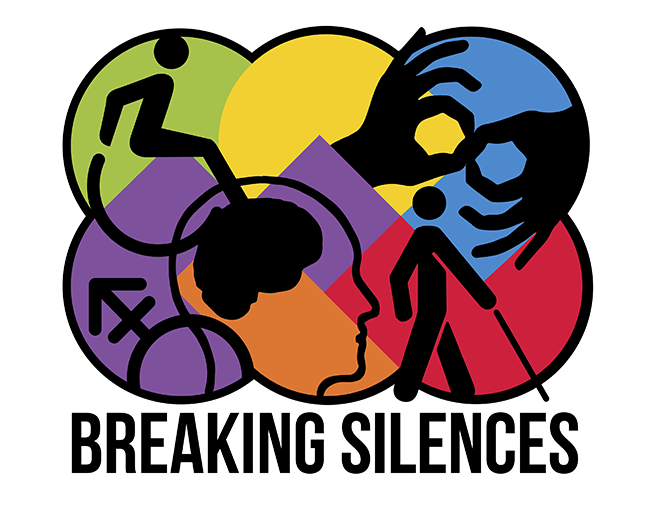Start Date
4-11-2015 5:30 PM
End Date
4-11-2015 6:30 PM
Description
Social justice benefits from a unified foundation of shared basic beliefs. There are still too few global, evidence-based documents that provide standardized language and vision through which social justice standards, policy and legal actions can be created, compared and amended.
This is a broad, evidence-based public health report on best practices to foster “achievement of the highest attainable standard of sexual health”. It frames this goal as intimately related to the protection of human rights, the right to non-discrimination and to health information and services.
While other reports link laws impacting human rights and health, this specific focus on laws impacting human rights and sexual health (across both reproductive and non-reproductive milieus) is unique.
This report demands that “states have obligations to bring their laws and regulations that affect sexual health into alignment with human rights and standards” (p. 3) and invokes “the notion of state accountability”
Repository Citation
Rogers, Nikki L. and Redko, Cristina, "A New Foundation for Sexual Social Justice: The World Health Organization’s Report on Sexual Health, Human Rights, and the Law" (2015). Breaking Silences, Demanding Crip Justice: Sex, Sexuality, and Disability. 3.
https://corescholar.libraries.wright.edu/breaking_silences/2015/posters/3
A New Foundation for Sexual Social Justice: The World Health Organization’s Report on Sexual Health, Human Rights, and the Law
Social justice benefits from a unified foundation of shared basic beliefs. There are still too few global, evidence-based documents that provide standardized language and vision through which social justice standards, policy and legal actions can be created, compared and amended.
This is a broad, evidence-based public health report on best practices to foster “achievement of the highest attainable standard of sexual health”. It frames this goal as intimately related to the protection of human rights, the right to non-discrimination and to health information and services.
While other reports link laws impacting human rights and health, this specific focus on laws impacting human rights and sexual health (across both reproductive and non-reproductive milieus) is unique.
This report demands that “states have obligations to bring their laws and regulations that affect sexual health into alignment with human rights and standards” (p. 3) and invokes “the notion of state accountability”


